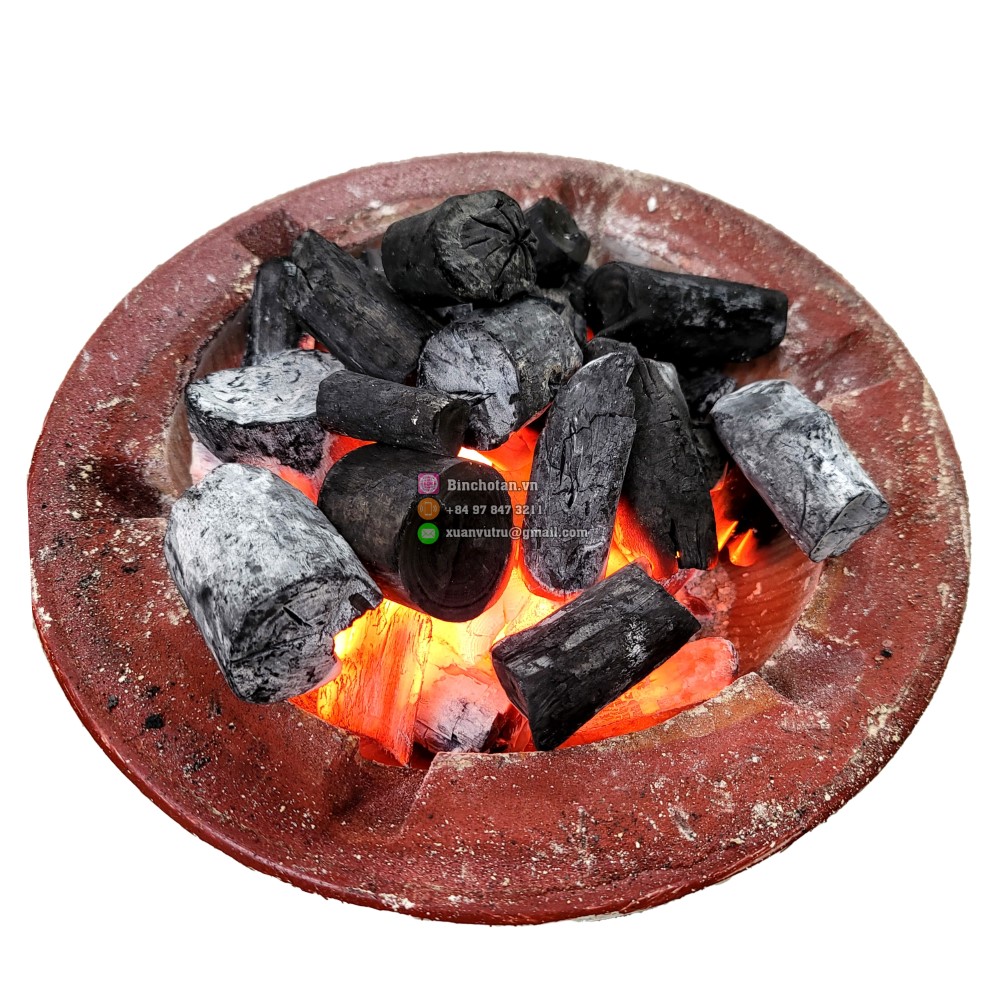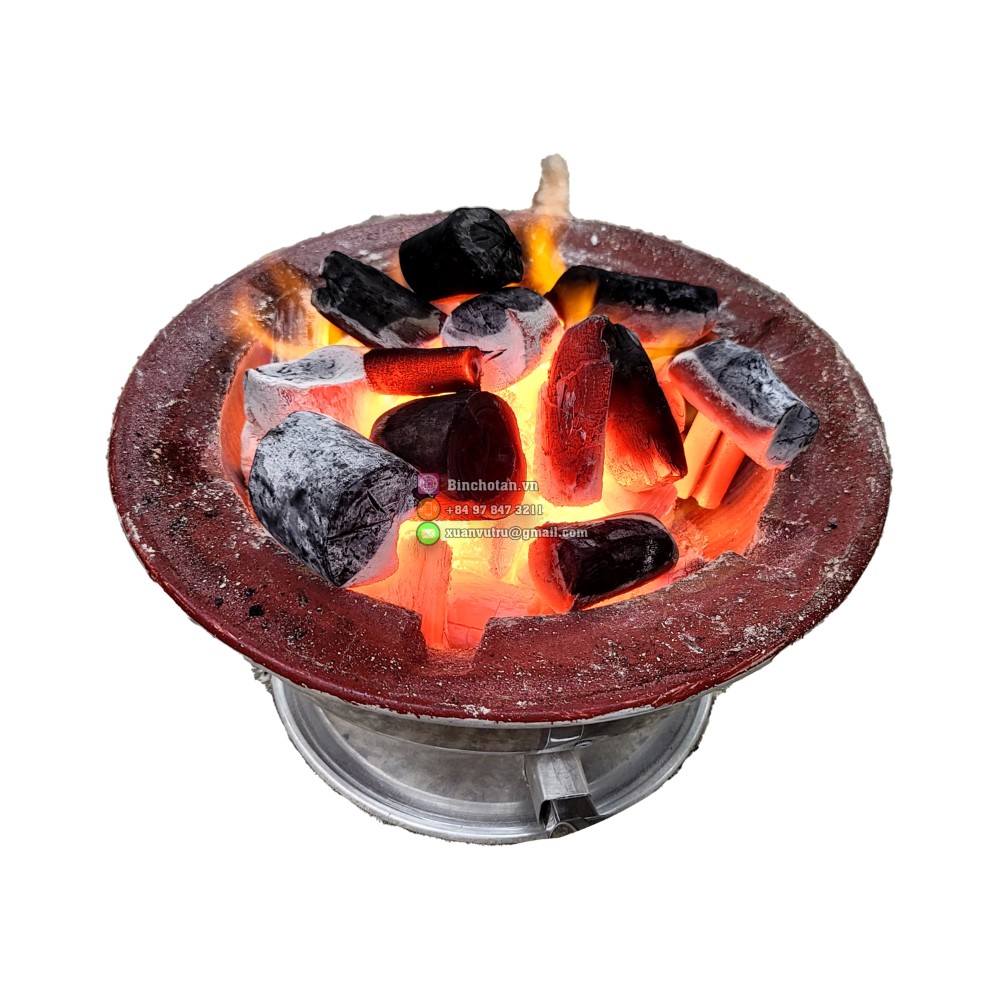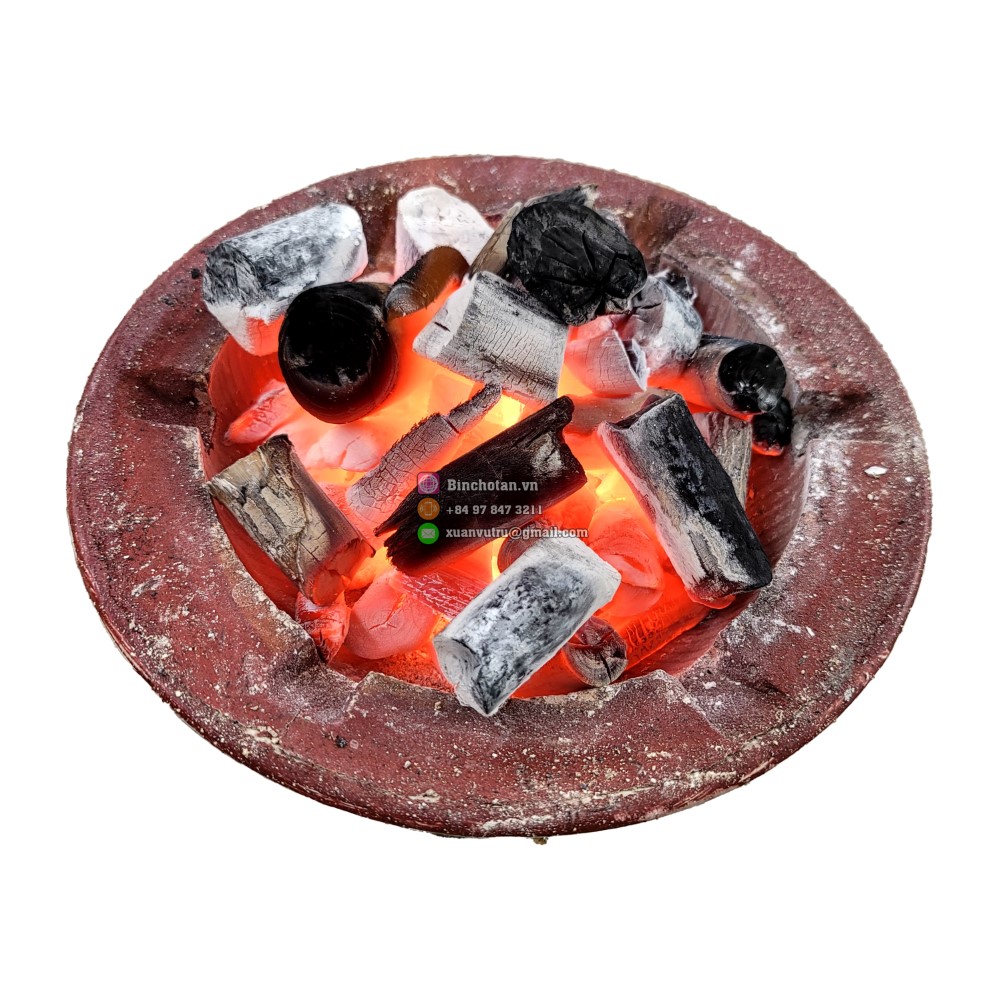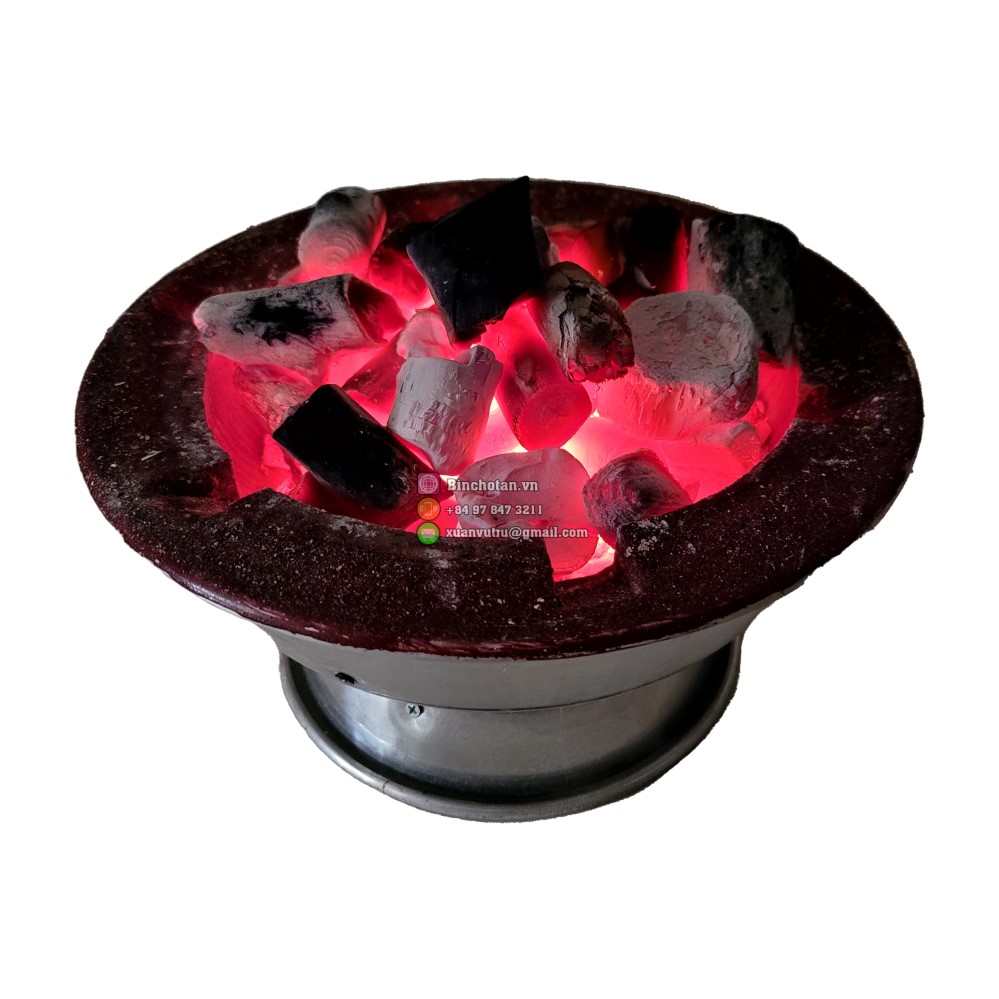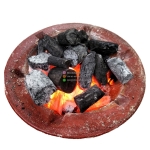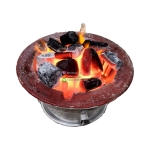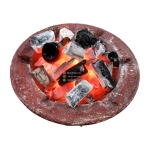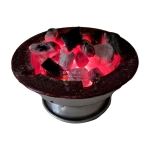Title: Charcoal Grilling and Food Safety: Ensuring a Delicious and Healthy Cookout
Charcoal grilling is a beloved tradition in many cultures, celebrated for the unique smoky flavor it imparts to food. It's a method that has stood the test of time, evolving from a simple fire pit to modern, sophisticated grills that grace our backyards. However, as with any cooking technique, food safety should be a top priority to ensure a pleasant and illness-free dining experience. In this article, we'll explore essential tips and practices for safe charcoal grilling.
Understanding the Risks:
Grilling over charcoal inherently involves open flames and high temperatures, which if not managed properly, can lead to two primary concerns: the creation of carcinogenic compounds and the risk of foodborne illnesses. Heterocyclic amines (HCAs) and polycyclic aromatic hydrocarbons (PAHs) can form when meat is cooked at high temperatures or charred. These compounds have been linked to an increased risk of cancer. Furthermore, harmful bacteria like Salmonella, E. coli, and Listeria can thrive if food is not handled or cooked to the proper temperatures.
Safe Grilling Practices:
1. Preheat your charcoal grill for at least 15-20 minutes to reach the optimal temperature and ensure even cooking.
2. Clean your grill grates before and after cooking to prevent the buildup of carcinogenic residues and harmful bacteria.
3. Avoid cross-contamination by using separate utensils, plates, and cutting boards for raw and cooked foods.
4. Use a food thermometer to check the internal temperature of meats. Poultry should reach 165°F (74°C), ground meats 160°F (71°C), and steaks or chops 145°F (63°C) with a three-minute rest time.
5. Marinate meats in the refrigerator, not on the counter, and if you plan to use some of the marinades as a sauce, set aside a portion before it touches the raw meat.
6. Keep perishable food items, like salads and dips, chilled until serving time to prevent the growth of bacteria.
7. Limit smoke exposure by not overloading the grill with food, which can cause excessive smoke and flare-ups. Also, avoid charring meat excessively.
Charcoal Handling:
1. Always light charcoal outside in a well-ventilated area to prevent carbon monoxide buildup.
2. Use proper charcoal starter fluid or a chimney starter instead of flammable liquids like gasoline or alcohol.
3. Let the charcoal cool completely before disposal, and dispose of it in a metal container to avoid accidental fires.
After Grilling:
1. Refrigerate leftovers promptly within two hours of cooking, or one hour if the outdoor temperature is above 90°F (32°C).
2. Store leftovers in shallow containers to allow for quick cooling and consume them within three to four days.
Conclusion:
Charcoal grilling can be a safe, enjoyable way to cook food as long as you adhere to food safety guidelines. By managing cooking temperatures, preventing cross-contamination, and handling charcoal responsibly, you can minimize health risks and focus on the joy of outdoor cooking. Remember, a successful cookout is not just about the delicious food but also about keeping everyone safe and healthy. So, fire up that grill, and let's cook with safety in mind!




























